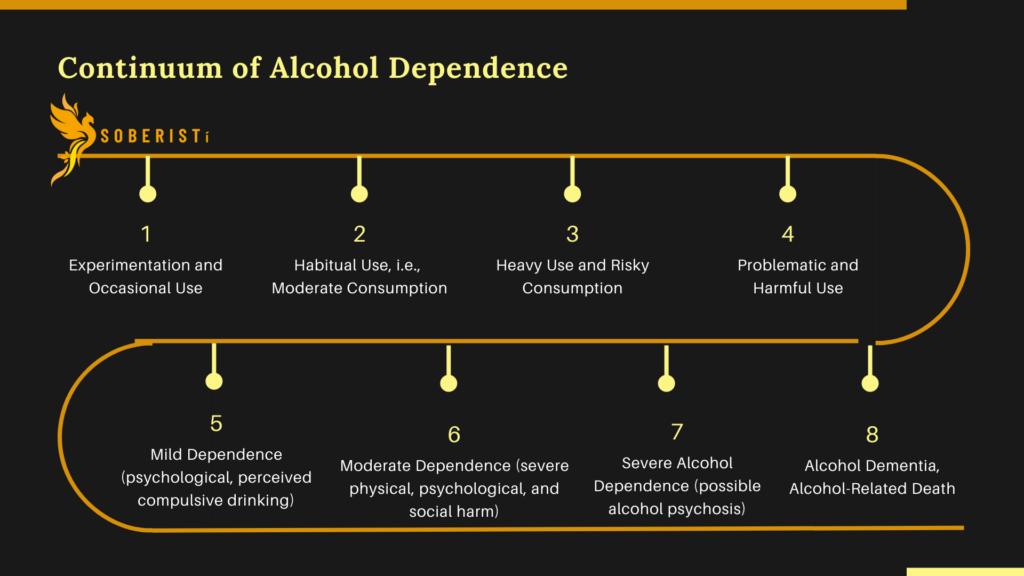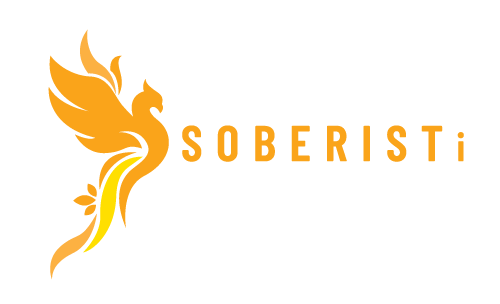A substance abuse problem can develop in secret over a long period of time. By the time a person is ready to seek help from occupational health services, the problem has often already progressed significantly.
COMPANIES and communities rely too heavily on occupational health services to treat their employees’ substance abuse problems.
DESPITE various stigma-removal campaigns, there is still a strong negative stigma attached to problem drinking and the diagnosis of alcohol dependence in our society. A person may be considered a “normal user” by others, even if they are a heavy user, but the moment they admit they have a problem, they are classified as an alcoholic.
THE CONNOTATIONS of the terms “alcoholic”, “alcoholism” are very stigmatising: the words are associated with the idea of a perpetual, chronic brain disease, a tendency to lie and a high risk of relapse even after years of sobriety.
ALCOHOL RISK research suggests that instead of a black-and-white either/or approach, an individual’s alcohol consumption can be described as a continuum of change, with the individual’s position changing over the course of their substance use.
OUR OWN personal experience, and that of our clients, is that at the stage when an alcohol addict is still managing, they are not ready to go to occupational health, let alone a health centre, with their problem.
OUR SERVICES have been developed for early-stage addiction, for those who have not had access to a suitable service. Our clients are employed, educated, self-caring, responsible people with a dark secret: alcohol dependence that deepens with continued use.

The onset, development and recovery of alcohol problems follow individual paths. They form a continuum in which changes in alcohol use take place in a wide variety of ways. So, naturally, the way you recover is also different. (Kuusisto 2010, 65)
ACCORDING to the relevance study, there is no single alcohol problem, but there are alcohol problems of different histories and degrees, from which it is natural to use different types of support for recovery. (Kuusisto 2010, 65.)
SOBERISTi provides early adopters with change coaching and resource-focused low-threshold therapeutic support in one-to-one sessions and group peer support. When facilitating SOBERISTi peer groups, one very often hears that the strong stigma associated with chronic alcoholism and brain disease discourse prevents early adopters from seeking help. The threshold for going to occupational health when the problem is not yet visible is high.
SOBERISTi’ s clients are often in a similar situation to my own when I was younger: life and everyday life has become extremely stressful, with worries about either your own child, grandchildren, a bullying primary carer, difficult co-parenting, caring for children and your own parents with memory problems on top of work – in other words, an unreasonable burden. A glass of wine and a bottle of beer brings a moment’s relief from the constant anxiety and malaise. As tolerance increases, application rates increase.
ALCOHOL therefore becomes a coping tool in a stressful life situation, and alcohol is used as a medicine for feeling bad or coping with a challenging life situation. At some point there comes a moment when the person wakes up to their problem and becomes motivated to do something about it. Help should be available immediately, otherwise the use will continue and get worse.
UNLESS a person is still able to function and is self-aware of their problem at an early stage, the leap from a lifetime of problem use or mild perceived dependence to the category of chronic alcoholic is too great. This is why they are not prepared to talk to their occupational health physician.
ACCORDING to the Current Care Recommendation on Alcoholism (2018), the aim is to detect problem drinking early, before it causes physical, psychological and social harm. This is justified to prevent both human suffering and social costs.
ALSO The Addiction and Dependence Strategy 2030 emphasises early intervention and the development of low-threshold, accessible substance abuse services to support it.
The Soberisti service meets this need.
SOBERISTi online coaching is in line with the recommendations of the Current Care and Addiction and Substance Abuse Strategy. Our service is always available and provides low-threshold, truly anonymous support to help you break free from alcohol dependence.

Ira Koivu,
SOBERISTi developer, expert and peer coach
Employer, you can book a time to talk about the service from the presentation calendar:
BOOK HEREAnd read more:
FOR EMPLOYERS

